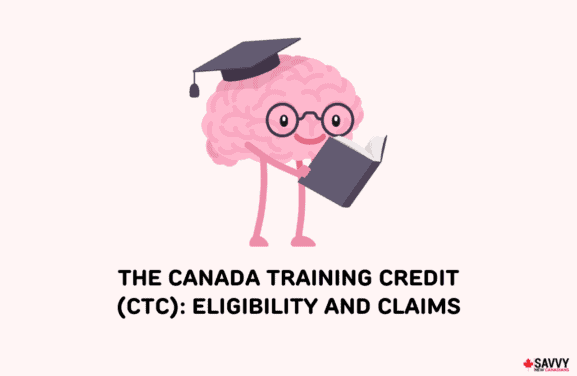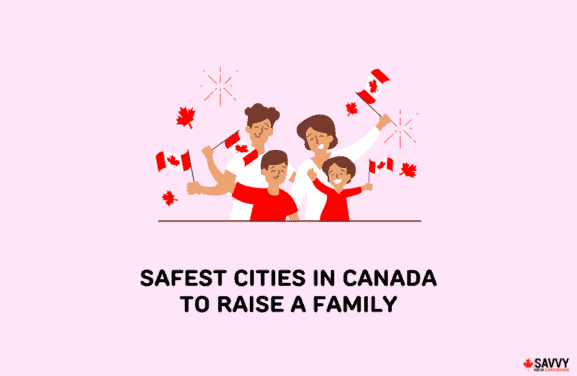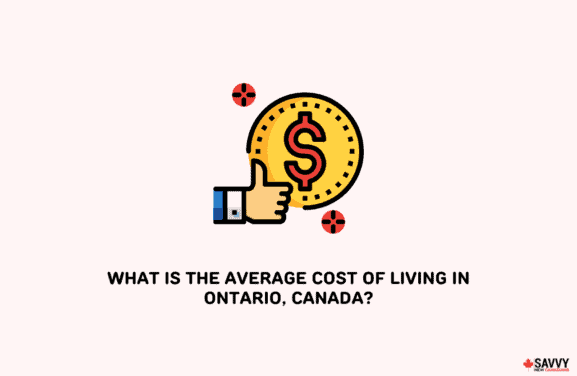March 2023 marks the 19th anniversary of the Fraud Prevention Month campaign in Canada. The campaign is an annual education and awareness program that aims to educate Canadians on how to Recognize, Reject, and Report fraud.
In keeping with the spirit of the Fraud Prevention Month campaign, now is a good time to talk about protecting your identity and finances from fraudsters.
Every year, millions of dollars are stolen from unsuspecting Canadians. However, only a few numbers of fraud victims end up reporting to the appropriate authorities – about 5% of victims per year.
There are many reasons why people don’t report fraud, including:
- Embarrassment: Nobody likes to admit they were taken for a sucker.
- Minimal money loss: When the amount of loss incurred through fraudulent activity is small, the victim may feel there’s no need to report it. What qualifies as a “small” amount varies with different people.
- Lack of knowledge: Fraud victims are sometimes unsure of what to do after they have been defrauded, who to call/contact, etc. This is what the #FPM2023 awareness campaign is all about.
Reporting fraud is important. When fraudsters get away with their crime, it only encourages them to try scamming more people.
So, once again: Recognize Fraud – Reject Fraud – Report Fraud!
To protect yourself against fraud, you should start by protecting your identity and being knowledgeable about some of the common scams.
Identity Theft and Credit Fraud
Criminals are always trying to steal your personal information – social insurance number, date of birth, driver’s license number, bank PINs, credit card information, usernames, passwords, etc. An example of a recent large-scale theft of personal information is the Equifax Hack in 2017.
After obtaining your personal information, the cybercriminals may sell it to other criminals or use it themselves.
Identity fraud is when your personal information is used without your permission to carry out fraudulent activities, including opening credit cards and bank accounts, obtaining loans, racking up debt, or even conducting money laundering, all in your name.
Protecting your identity cannot be overemphasized, as identity theft and fraud have ruined the lives of many. Some strategies to stay safe online and offline include:
- Keep your passwords and PINs safe and private.
- Don’t be lazy when choosing passwords. Definitely ensure that your password is not like some on this list of useless passwords.
- Monitor your credit score and report. You can obtain your credit score and report for FREE in Canada.
- If you prefer a paid credit monitoring service, you can subscribe to identity theft protection offered by the credit bureaus, including TransUnion and Equifax.
- Review your bank account statements periodically for suspicious activity.
- Shred and carefully dispose of identification documents, financial statements, credit cards, etc.
- Cancel inactive credit cards.
- Report stolen or lost credit cards to your bank/police.
- Do not give out your SIN # to anyone on the phone unless you are sure they are legit. More often than not, a request for your SIN via phone is fraudulent.
- Avoid using public computers to transmit your personal/private information.
- Avoid clicking on links in unsolicited emails
- Install an up-to-date antivirus on your computer and ensure it is scheduled to scan all your files periodically.
Financial and Investment Scams
These come in a variety of formats, but the end result is to scam you out of your money. Their general tactic is to promise you significant sums of money in return for your initial upfront investment.
These scams often start with an email, i.e. the notorious advance fee fraud (aka Nigerian Prince scams) or may come as a call, advert, seminar, work opportunity, surveys, etc.
Examples of these schemes include:
Ponzi and Pyramid Schemes
If you have read about Madoff and the billions of dollars he bilked from “investors,” you have a perfect example of what a Ponzi scheme looks like. Victims are offered higher returns than would be normally possible.
Always remember: If it sounds too good to be true, it probably is.
And, like I often say: “If someone discovers the Holy Grail for making money effortlessly, they probably won’t be sharing their secret with you.”
Pyramid schemes are similar to Ponzi’s. They often start with a seminar where you hear all about a great product or strategy or service that would make you money as you invest and enroll others. The emphasis is often on getting as many friends, family, and anyone involved – the more, the merrier!
Sometimes, there’s even no product to promote. They ask you to make an initial payment as your “seed” investment and then get many others involved in order to reap significant returns.
The truth is that the pyramid ends up toppling over, making money for those high up in the pyramid, i.e. the promoters/organizers and maybe early recruits. Everyone else loses all their money.
Pyramid schemes often come cloaked as multi-level marketing (MLM) opportunities, and while there are legit MLMs, you need to be careful to differentiate between the real thing and the scam.
Advance Fee Fraud aka 419
This type of fraud is perpetrated by scammers who promise you significant sums of money if you can assist them with a “small” upfront payment to facilitate processing the huge funds being tied down somewhere.
Initial requests are often made through email/text; although somewhat obvious, they continue to dupe millions of dollars from Canadians annually.
This scam may also come in emails stating that you have just won a lottery or contest and need to pay a small processing fee to claim your prize. Sometimes, they are about a juicy loan offer that can only be processed after you have paid an upfront fee.
To avoid falling for these scams, you need to stay sharp and vigilant. You should:
- Thoroughly research business and investment opportunities. Check with the Better Business Bureau (BBB) for reviews and listings. If in doubt, seek independent advice.
- Avoid get-rich-quick schemes.
- Keep updated on the variety of fraudulent schemes out there.
- Do not give your personal or financial information to strangers.
Romance Scam
Scammers prey on people who are in search of love or romance. Canadians lost over $19 million to cat-phishing scams in 2017.
CRA Income Tax Scam
Scammers pretend to be employees of the Canada Revenue Agency (CRA) and warn that you owe the government back taxes, and if you do not pay a certain amount, you could be jailed, fined, or deported. Over $5 million was lost by Canadians to this scam in 2017.
Emergency Scam
A scammer poses as your relative who is in serious trouble, e.g. in jail or stuck while travelling abroad. They appear to know a lot about you and request that you send them some money to assist them.
Immigration Scam
Fake immigration agents or legal representatives ask for money in exchange for assisting you with your immigration status, etc. They may threaten the victim with deportation.
These are just some of the many scams being perpetrated by criminals in Canada and beyond. If you want more information on scams to look out for, check out the Competition Bureau Canada’s Little Black Book of Scams.
Reporting Fraud
If you have been a fraud victim or suspect a scam is being perpetrated, you should report it immediately.
Agencies that can assist you are:
- Canadian Anti-Fraud Centre: 1-888-495-8501
- Competition Bureau Canada: 1-888-348-5358
- Your local Consumers Affairs agency
If your identity is compromised and you suspect identity/credit fraud, contact your bank, police, and credit bureaus. Credit bureaus can freeze your credit profile so it can’t be used to obtain a credit facility.
If you lose your credit card or your PIN/bank account information is compromised, immediately contact your financial institution.
If you are suspicious of the activities of a business organization, you can contact the Better Business Bureau or report via their BBB Scam Tracker.
For fraudulent activities involving some financial/investment product, you can also report to the Canadian Securities Administration (CSA).
Conclusion
Today is a good day to protect your identity, finances, and business from fraud. Scammers and Cyber-thieves have grown in sophistication, and to stay safe, you need to step up your game as well.




Just looking in my junk email I see some of these scammers! And selling stuff on Craiglist exposes you to scammers too.
I am wary of using my credit card in the gas stalls as I had my credit card frozen after that and a new one issued because of fraud.
@GYM: True, I generally dislike Craigslist…too many scam artists in that marketplace! Its nice that we at least have some sort of “protection” for credit cards. If not, many people may otherwise choose to live without one.